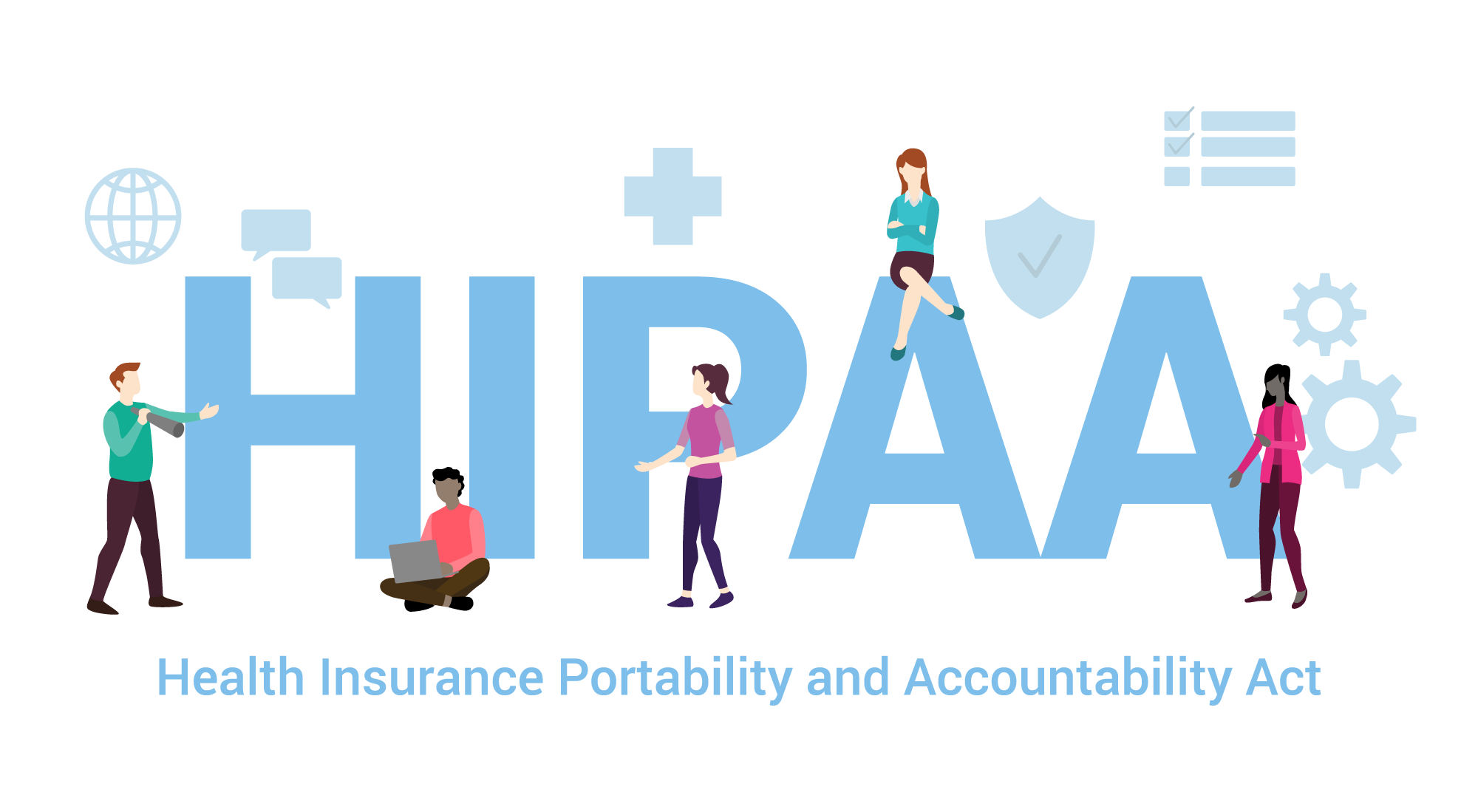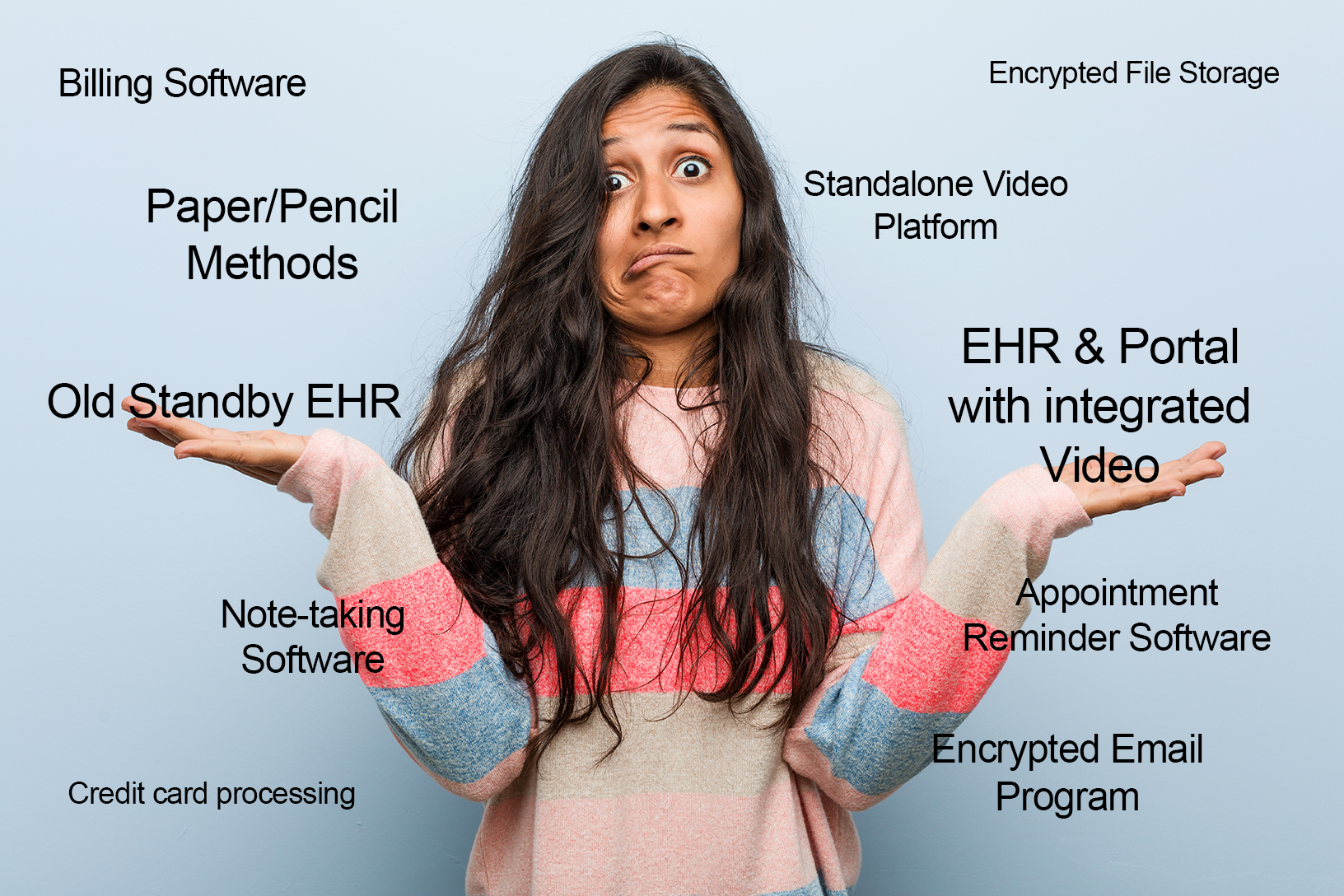Fun New HIPAA Compliant Video: PSYBooks Connect
Remember what it's like to walk into a therapist's REAL waiting room? The virtual space in PSYBooks Connect where your clients wait is like that. Connect is the new, low-cost, HIPAA Compliant video option that's integrated into the PSYBooks EHR. The animated waiting rooms* not only allow you and your client(s) to test and adjust both audio and video, but also provide a relaxing atmosphere to gather your thoughts before the session.










